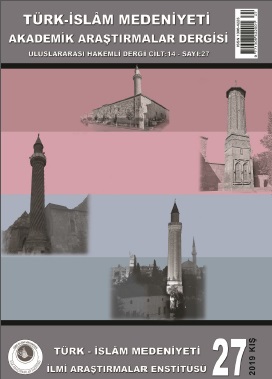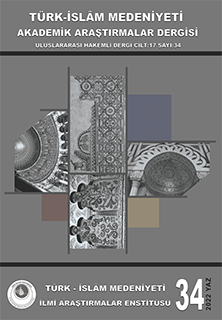A Hermeneutic Approach to Luther’s Ninety-Five Points Thesis
Keywords:
Luther, Pope, Indulgence, Bible, Protestantism, ReformAbstract
Luther was concerned by the construction of St. Pierre's Basilica in 1517 and also by the publication of indulgences by Pope Julius II in 1507 and by Pope Leo X in 1511. This is because the idea was propagated that indulgences afforded those who purchased them the opportunity to clear themselves of their sins, and thus be able to enter paradise. Luther opposed this view, and stated that salvation could only be obtained by faith, supplication and personal repentance, and that God is the ultimate arbiter in the end. The other pertinent issues for Luther was that the Bible should be able to be read by everyone, and that it shouldn’t be taught solely by the clergy, and to this end, he undertook the task of translating the Bible into German. In truth, he did not wish to establish his own brand of Christianity, but rather to rescue the papacy and the Catholic Church from corruption and religious exploitation. However, the Papacy opposed Luther’s views and excommunicated him. Despite this turn of events, Luther did not waver from the path he had set out on, and ultimately succeeded in advancing his reform movement.
References
AYDIN, M. 2018, Ansiklopedik Dinler Sözlüğü, 2. Baskı. Konya.
AYDIN, M., 2011, Din Fenomeni, Konya.
BOISSET J., 1970, Histoire du Protestantisme, Paris.
COURCELLE, P., 1963, Les Confession de St. Augustin, Paris.
LAU, F., 1959, Walter de Cruyter, Berlin.
Kitab-ı Mukaddes.
RITTER, G., 1959, Luther, Berlin.
---------, 1984, Dictionnaire des Religions, Paris.
Published
How to Cite
Issue
Section
License

This work is licensed under a Creative Commons Attribution-NonCommercial 4.0 International License.







